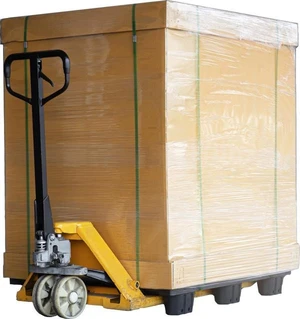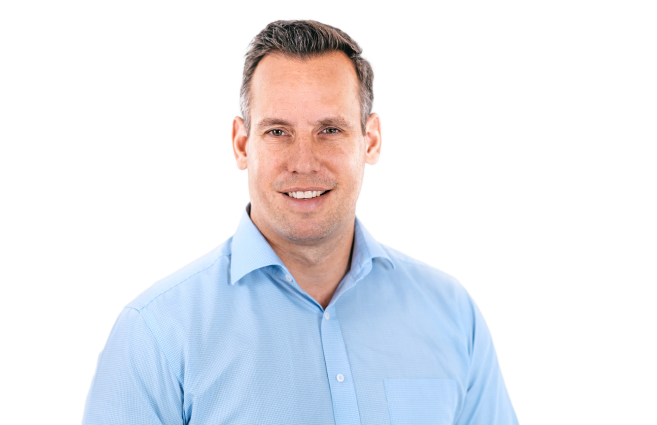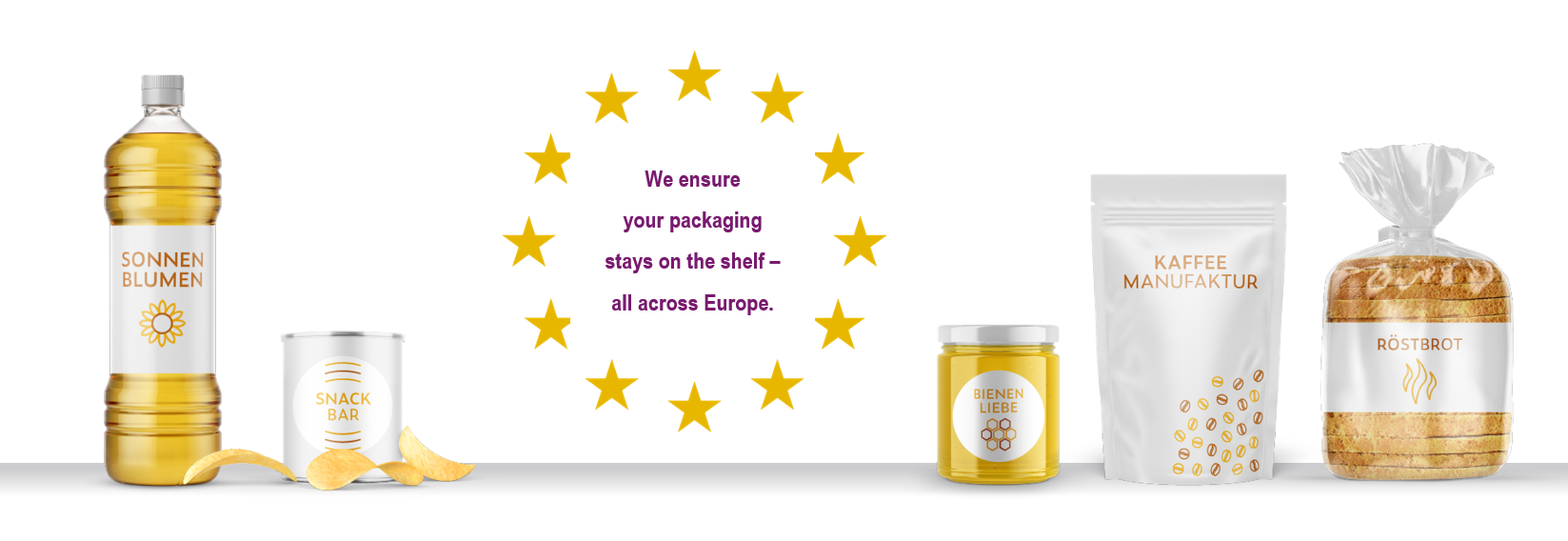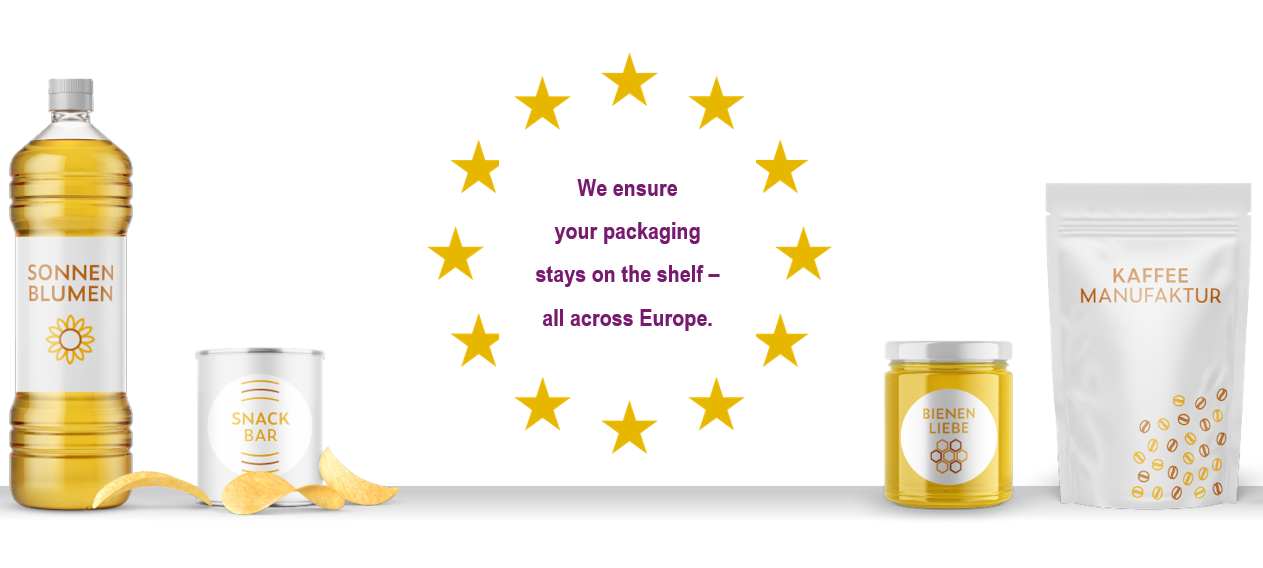EKO-PUNKT supports companies in navigating and fulfilling the new requirements. Get in touch for personalized consultation.
Search
Company locations
The whole picture – with just a single click. Find out here where our branches are located, what services they offer and how to contact them.
The REMONDIS Group’s locations
Discover the world of REMONDIS with its approx. 1,500 branches and associated companies in over 30 countries.
First Stop: EKO-PUNKT – Before Your Packaging Goes Global.
Sending packaging across Europe?
It’s a tricky topic – unless you’ve got an expert on your side.
Extended Producer Responsibility. Internationally Compliant.
Effortlessly Handled with EKO-PUNKT.
Responsibility doesn’t stop at national borders – that goes without saying.
In the case of packaging, this principle is enshrined in the European Packaging and Packaging Waste Directive (PPWD – 94/62/EC), which is currently undergoing revision.
The resulting national implementations of this directive already vary significantly from one EU country to another. This makes international packaging licensing an increasingly complex issue – one that should only be tackled with the right expertise at your side. Otherwise, it can quickly become both uncomfortable and costly for producers and first distributors.
A competitive market with multiple packaging compliance schemes – like in Germany – is not the norm everywhere. In some European countries, state-run monopolies handle packaging compliance. Failure to meet legal requirements can lead to severe sanctions, including sales bans.
International Compliance in a Time of Change
We keep you informed about the latest developments.
Our compliance service in the area of international compliance and international licensing is built for long-term success and sustainability. We stay closely attuned to political developments and proactively prepare you for what lies ahead. This is especially important as packaging recovery and recycling are becoming increasingly relevant under the European Green Deal. Legislative changes are on the horizon—but there’s no reason for concern. We guide you confidently through a changing regulatory landscape and help ensure you're ready for the future.
What Does EPR (Extended Producer Responsibility) Mean and Why Is It So Important?
The principle of Extended Producer Responsibility (EPR) means that companies are required to cover the costs of recycling and disposal for the packaging they place on the market.
The goal is to increase recycling rates, reduce waste volumes, and encourage the development of more sustainable packaging solutions.
EPR systems incentivize producers to use more environmentally friendly materials and to design packaging that is easier to recycle.
In many countries, companies are legally obliged to register with official EPR schemes or collection organizations and to pay corresponding fees.
Extended Producer Responsibility (EPR) Worldwide: New Developments and Implications for Businesses
Extended Producer Responsibility (EPR) is a key concept of the circular economy and is gaining increasing importance worldwide. The aim of EPR regulations is to hold producers and distributors of packaging more accountable for the collection, recycling, and disposal of their products. While some countries already have established EPR systems in place, many others are currently introducing new regulations or tightening existing ones. Companies operating internationally must therefore prepare early for changing requirements.
Our team of experts is happy to assist you by phone at T +49 160 98717866
The New EU Packaging and Packaging Waste Regulation (PPWR): What Companies Need to Do Now
The proposed Packaging and Packaging Waste Regulation (PPWR) will fundamentally change packaging requirements across the EU. The goal is to reduce packaging waste, improve recyclability, and promote sustainable packaging solutions. Companies that place packaging on the EU market must prepare in good time to remain compliant and avoid potential cost increases.
Businesses that distribute packaging internationally should start preparing early for the new requirements. The following steps are essential for producers and importers:
Find partners for sustainable solutions
Recyclability and material innovations should be developed together with experts in order to respond early to regulatory changes.Review country-specific regulations
Each country has different requirements. Companies must understand exactly which EPR obligations apply in their respective markets.Ensure registration with EPR systems
Companies must register with the relevant collection and recycling organizations in each country and submit the required reports.Analyze cost factors and optimize packaging design
Fee structures in many countries are linked to recyclability. Sustainable packaging design can reduce long-term costs, as the use of eco-friendly materials and high recycled content lowers participation fees and facilitates EPR compliance.
Your partner for sustainable solutions – also on an international level. Contact our team of experts now to submit your inquiry
Download the current version of the PPWR
What are the key changes introduced by the Packaging and Packaging Waste Regulation (PPWR)?
The PPWR replaces the previous EU Packaging Directive and will be directly applicable in all Member States.
Its core objectives focus on reducing packaging waste and promoting circular economy practices across Europe. The main changes include:
- Mandatory recyclability of all packaging
All packaging placed on the market must be recyclable. The European Commission will define specific recyclability criteria.
Packaging that is non-recyclable or poorly recyclable may be subject to higher fees or even phased out over time.
- Minimum recycled content requirements
Binding targets for the use of recycled materials in plastic packaging will be introduced.
This measure aims to support the circular economy and reduce dependency on virgin plastics.
- Reuse and refill quotas
Certain sectors, especially food and beverage, will be required to increase the share of reusable or refillable packaging systems.
Reusable solutions will also be promoted in the e-commerce and shipping sectors.
- Stricter requirements for transport and shipping packaging
Transport and shipping packaging must be used more efficiently and, where possible, be reusable. Companies will need to demonstrate
that their packaging systems are optimized to reduce material usage and waste generation.
- New labeling obligations
All packaging must carry clear labeling to inform consumers about correct disposal and material composition.
This applies to consumer, transport, and shipping packaging alike.
- Extended Producer Responsibility (EPR)
Producers will continue to pay fees for the recycling of their packaging.
The fee structure will be adjusted so that poorly recyclable packaging incurs higher costs, providing an incentive for more sustainable packaging design.
How recyclable is your packaging?
Find out in just a few minutes – completely free of charge – with our online packaging lab "PackLab".
Stricter Requirements for Transport Packaging under the PPWR
Transport packaging plays a critical role in the supply chain but is often treated as disposable. The Packaging and Packaging Waste Regulation (PPWR) introduces stricter requirements in this area:
Material reduction
Companies must demonstrate that their transport packaging is reduced to the minimum necessary. Oversized packaging is increasingly scrutinized and may face regulatory consequences.
Reusable packaging obligations
Certain sectors – particularly e-commerce – will be required to offer a share of their transport packaging in reusable formats. This especially applies to large online retailers and logistics providers.
Standardization and recyclability
Transport packaging must increasingly consist of recyclable materials. The use of standardized materials may also be encouraged to facilitate recycling and sorting processes.
Tracking and return systems
Businesses are encouraged to implement digital systems that support the return and reuse of transport packaging, enabling closed-loop logistics models.
High-volume shippers particularly affected
Companies with high shipping volumes are especially impacted. Those who invest early in innovative reuse or recycling systems can benefit from long-term cost savings and reduced regulatory risks.


Conclusion: Navigating the PPWR
The PPWR presents companies with new challenges, but also opens up opportunities for sustainable packaging innovations. Early adaptation to the new requirements not only reduces regulatory risks, but also creates competitive advantages through eco-friendly packaging solutions.
Legally Sound – In Any Language
As part of a leading international circular economy company, we at EKO-PUNKT know exactly what needs to be considered when it comes to packaging licensing in individual European countries. And as you would expect from a full-service Packaging Competence Center, we’re happy to share that knowledge with you. For every country, we have dedicated experts within the REMONDIS network who are ready to provide tailored advice. Our goal: to give you all the support you need to fully comply with Extended Producer Responsibility (EPR) as an exporter of packaging – no matter how complex the legal framework may be.
„We provide tailored consulting on the German Packaging Act and Extented Producer Responsability obligations in the context of the PPWR. We’ll be happy to advise you personally!
Jörg Mauthe, LL.M., Head of Legal / Authorized Signatory

Get expert advice on international packaging licensing – call us at +49 160 98717866 or contact us online.




